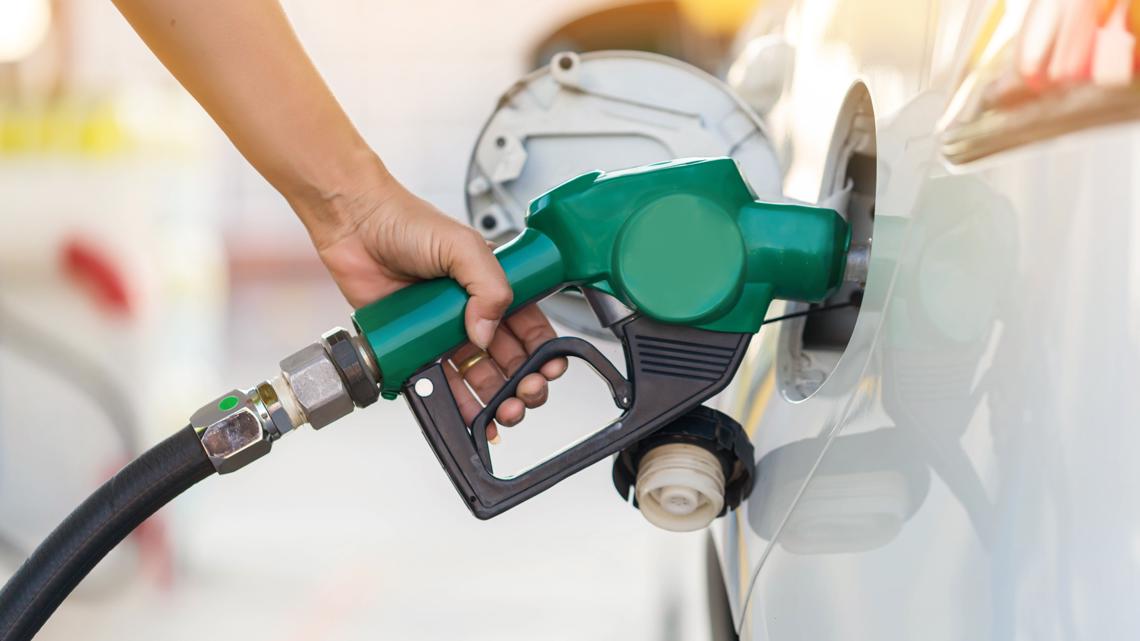
20% of the world’s oil supply comes from the Middle East.
SAN ANTONIO — If you’ve filled up your car lately, you’ve probably noticed the prices are on the way up. Much of that has to do with growing tensions in the Middle East.
We are in the middle of the summer driving season, and that typically means higher gas prices. Tack on the Israel-Iran conflict unfolding in a region where much of the world’s oil comes from, and gas prices will continue to surge.
“For now, motorists will likely continue seeing a slow, but steady increase in gas prices. That increase from here on out in most areas will probably be maybe 10 to 15 cents over the course of this week,” said Patrick DeHaan, from Gas Buddy.
At this point last year, the national average for a gallon of gasoline was $3.41. For the second week in a row, the price has increased by close to 10 cents to $3.18 per gallon.
Here in San Antonio, prices are also on the rise, but still below the national average. Alamo City drivers can fill up at an average price of $2.90 a gallon.
“Prepare to dig a little deeper, but it’s not going to get too much worse at this point,” said DeHaan.
“We saw us going to Iran. We saw a lot of things going on and there’s a big channel over there in the Persian Gulf,” said Jay Young, an oil and gas expert from the King Operating Corporation.
That channel is the Strait of Hormuz, which 20% of the world’s oil supply passes through. If Iran closes it, many experts say oil prices here in the U.S. would jump to around $125 a barrel.
That means the price for a gallon of gas could jump to as high as $6 or $7 overnight.
“We have an addiction to oil,” Young said. “We need it every single day. And if we don’t have it, we’ll pay more for it. That’s exactly what would happen because of all of the oil that passes through.”
Young also said our reliance on oil from the Middle East is put in the spotlight every time there is a conflict in that part of the globe. Having more of a supply here would be a solution, but it would take a lot of time and money to build that infrastructure
Right now, that just isn’t likely to happen.
